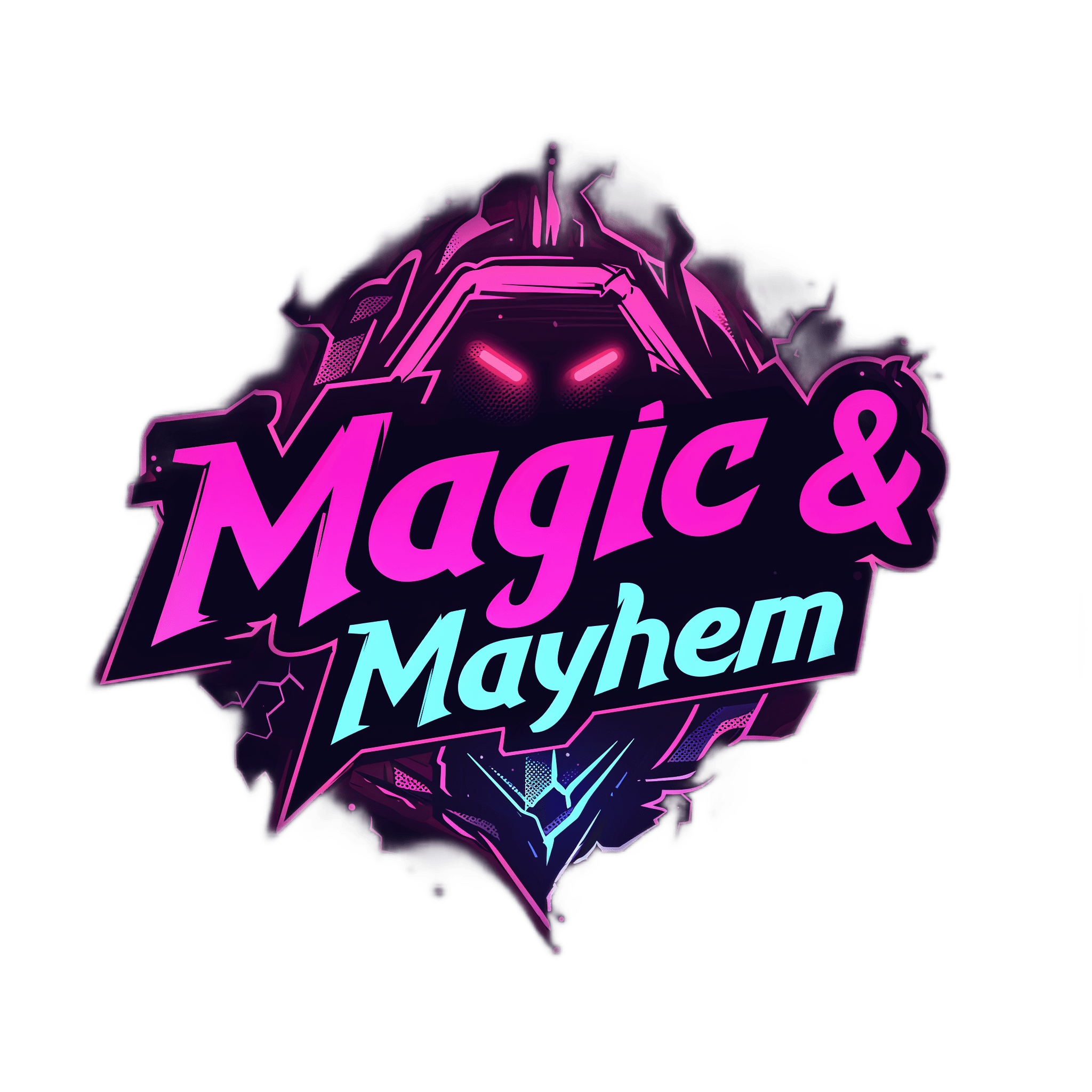Let’s talk about the hard stuff…
Though TTRPGs are a game, they are unlike any other game in how immersive, realistic, intense, and, frankly, triggering they can be.
The fantastical, funny, intelligent, and sometimes (let’s face it, often) problematic, characters that explore these make-belief worlds are, in fact, created and played by real people. Real people with real feelings, traumas, and lived experiences.
It, of course, is a good idea for parties to discuss boundaries before a campaign begins, this should be a collaborative task that is put on all participants, not just the dungeon master. And before you come at me for being a SJW (first of all, why is that a bad thing?), that is not my point here.
The point is: Why would you WANT to hurt or cause harm to your friend or fellow party member that could be avoided by replacing one super disturbing and traumatizing piece of content with an equally disturbing piece of content that doesn’t bring up something horrific for them? Trust me, there’s LOTS to choose from. You can certainly bring in a cannibalistic Hag without offending anyone, you can still have real-world issues to combat without doing anything more than further incentivizing and immersing your players.
You’re not missing out. It’s easy to respect people, get over it.
There is also, though, the type of discomfort that can come with unknowingly crossing boundaries, or boundaries coming to light in the game that you may not even have known you had. Those not educated in issues of gender equality, racism, or queerphobia (or even those who are), can easily and inadvertently cause pain to their fellow players. Just consider that you may not always be the most intimate of friends with those around your table and we simply don’t know everything going on in one anothers’ lives.
All this is not to say that we should play in a space of constant fear of being offensive, or fear of approaching the tough topics in session in case we don’t approach it properly or with enough care. Conversely, it is incredibly interesting and sometimes heartbreaking (in a good way) to showcase the complex, and often dark, spectrum of humanity.
Players are here to have fun: collaborative, messy, aggravating, disgusting, and intense fun, but fun all the same. It is important on one level to keep things light-hearted, on another level, it is important to foster an environment at your table where interpersonal conflict can be avoided through ease of communication, lack of defensive or reactionary responses to tough topics, and simply…empathy.
Having a diverse cast of characters and players at a table not only makes a more fun and wild adventure, but it presents an opportunity to learn about one another. Take what people say seriously and even if you disagree with them, never invalidate someone else’s lived experiences. If you cannot find a common-ground, you can always disband. That is better than hurting another human being just because your pride is at stake, and you need to be right all the time.
The reality is: you may say you don’t want to bring real-world issues into your game world, that you don’t want it to become political, but fantasy is inherently politicized and the people sitting at your table have lived a life which has led to them probably giving a shit about certain issues in the real world.
Leave space for that to exist, it can create something awesome.
If you’re struggling with something like this, the best thing you can do is simply be honest, truly honest, leave the ego behind. Admit you don’t know something. Admit when you’re confused. Admit when you’re offended (without being accusatory, people fuck up sometimes) and admit when you’re wrong.
And as always, the TTRPG community has evolved into a massive beast and there are more than enough places online to look for advice or help.
Just as there cannot be a successful and non-meta lone-wolf player character in a party-centric game, there cannot be an isolated, inauthentic, and abrasive player in a collaborative community of roleplayers (I see you shy introverts, you’re doing the best you can, and I love you).
Did I offend you? Tell me about it.
